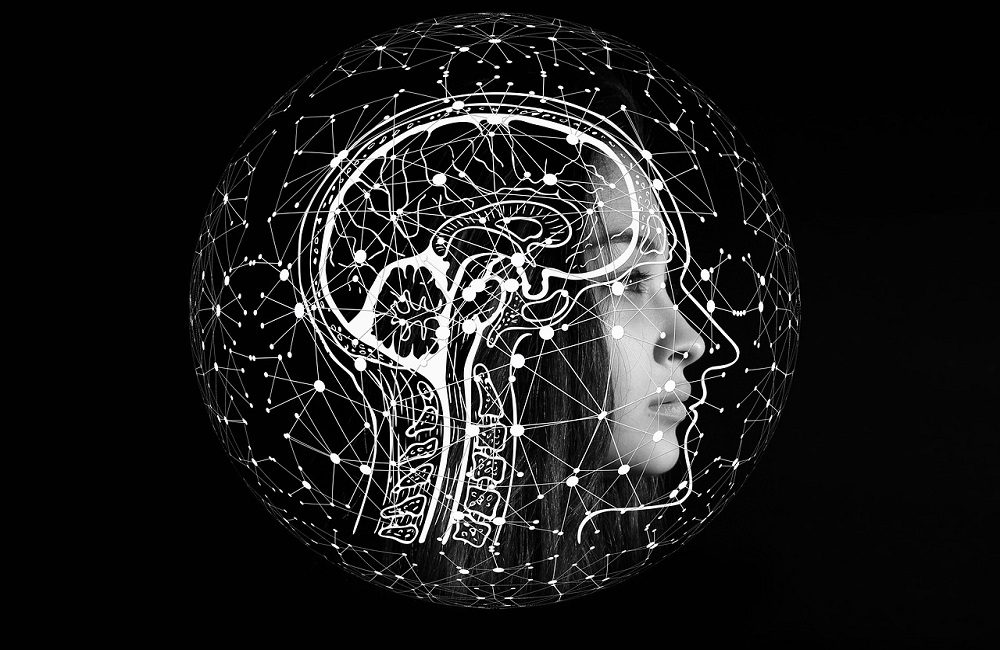People who suffer traumatic brain injuries (TBIs) have unique technology needs because the appropriate technology for a patient depends on which part of the brain was injured. Hiring a brain injury attorney can help you gain access to experts who can help you assess your assistive technology needs and determine the lifetime cost to deliver this technology. They can also help you receive compensation to pay for devices, therapies, and programs that can make your life easier and possibly aid in your recovery. Here are some of the top assistive technology products for brain injured patients.
Memory Assistance Devices
Memory loss is one of the most common results of a brain injury and technology can help patients develop compensation strategies for memory loss and possibly even improve memory function over time. Smartphones have been instrumental in supporting memory in patients with TBIs, especially since the majority of people already carry one around with them wherever they go. Calendars, reminders, and alarms can all serve to jog a person’s memory about anything they otherwise would forget.
A smartphone’s camera can also aid a person with significant short-term memory loss by allowing them to take pictures of everyday activities so they can look back on them to create an accurate timeline of events. These visual reminders can keep memories fresher in the mind, even if they aren’t as vivid as they would be in an uninjured brain.
Voice Assistance Devices
People who suffer brain injuries often have to learn how to read and write again and to support them in this endeavor. Voice assistance devices can grant them independence while they relearn these skills. For instance, they can use their voices to shop online or put things on a shopping list to purchase at a store later. They can compose emails or letters for personal or business reasons without needing to type or write. They can use their voice assistant on their smartphone to create reminders. While these are conveniences for many of us, for people with TBIs, they are necessities.
Navigating the complexities of life after a traumatic brain injury can be a daunting task. In many cases, individuals may require assistance in understanding and asserting their legal rights, especially when their injury was due to someone else’s negligence or wrongdoing. This is where a TBI attorney comes in. TBI attorneys specialize in traumatic brain injury cases and can guide their clients through the intricate and often confusing process of claiming compensation.
Smart Devices
While your smartphone and voice assistance devices fall under the general category of “smart devices,” there are other gadgets available that are smart and can really help people with brain injuries live more independent lives. For instance, there is a device called Talking Rx that reads the directions on prescription bottles out loud so that the correct dose is always administered. You just place the bottle in the smart base and it will read the physician’s directions to reduce medication mistakes.
Talking photo frames can assist people with memory loss to remember who or what is in a photograph. The Z Band gives silent reminders through a gentle vibration on the wrist to provide the wearer with a subtle nudge to do something. Home automation devices like a smart oven, smart locks, and smart lights can help someone with a brain injury remain safe and save money by turning off appliances that are accidentally left on.
Communication Assistance Devices
Loss of speech is another prominent result of brain injuries, particularly at first before patients are able to regain the ability to speak. Some people may never regain that skill or may only regain it to a certain point, which will require the use of a communication assistance device to help them navigate their world. There are various apps and devices available that allow brain injured patients to type what they want to say or point to a picture of the word they want to say and have an artificial intelligence voice speak the words they write or point to. The improvements in technology recently can do this almost in real time so that the person with a TBI can hold a conversation that’s nearly normal.
These devices can also supplement speech for people who have the ability to speak, but also have difficulty with finding words at times. Pointing to a picture of the word they can’t remember can help them communicate when they’re struggling with speech. Again, these devices and apps provide brain injured people with a sense of independence that is otherwise unattainable. They can go to the store and communicate with the clerk or they can give directions to an Uber driver. Anything is possible when they can communicate!
Safety Devices
There are many devices available that incorporate technology to help keep someone who has suffered a brain injury safe. For instance, a smart alarm mat can alert caregivers if a patient has gotten out of bed or enters a space that’s dangerous. GPS and location tracking devices can pinpoint a person’s location if they become confused when they’re out and about. In-home cameras or emergency alert systems can allow a brain injured individual live independently while someone can still monitor them remotely. These are all important considerations for patients with TBIs to ensure they are safe at all times.
Conclusion
No matter how you received your TBI, it’s important to know that there is technology available that can assist you as you recover. Reach out to an attorney or a physician with experience in the field to get started.


